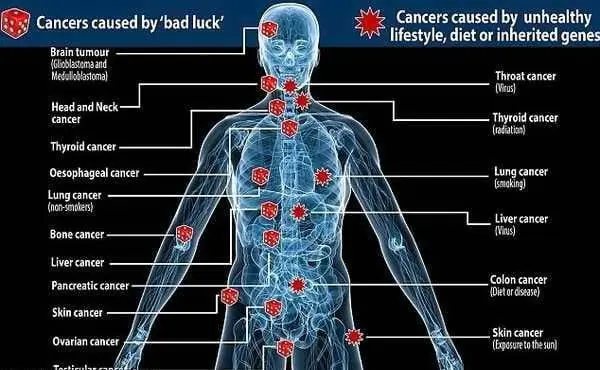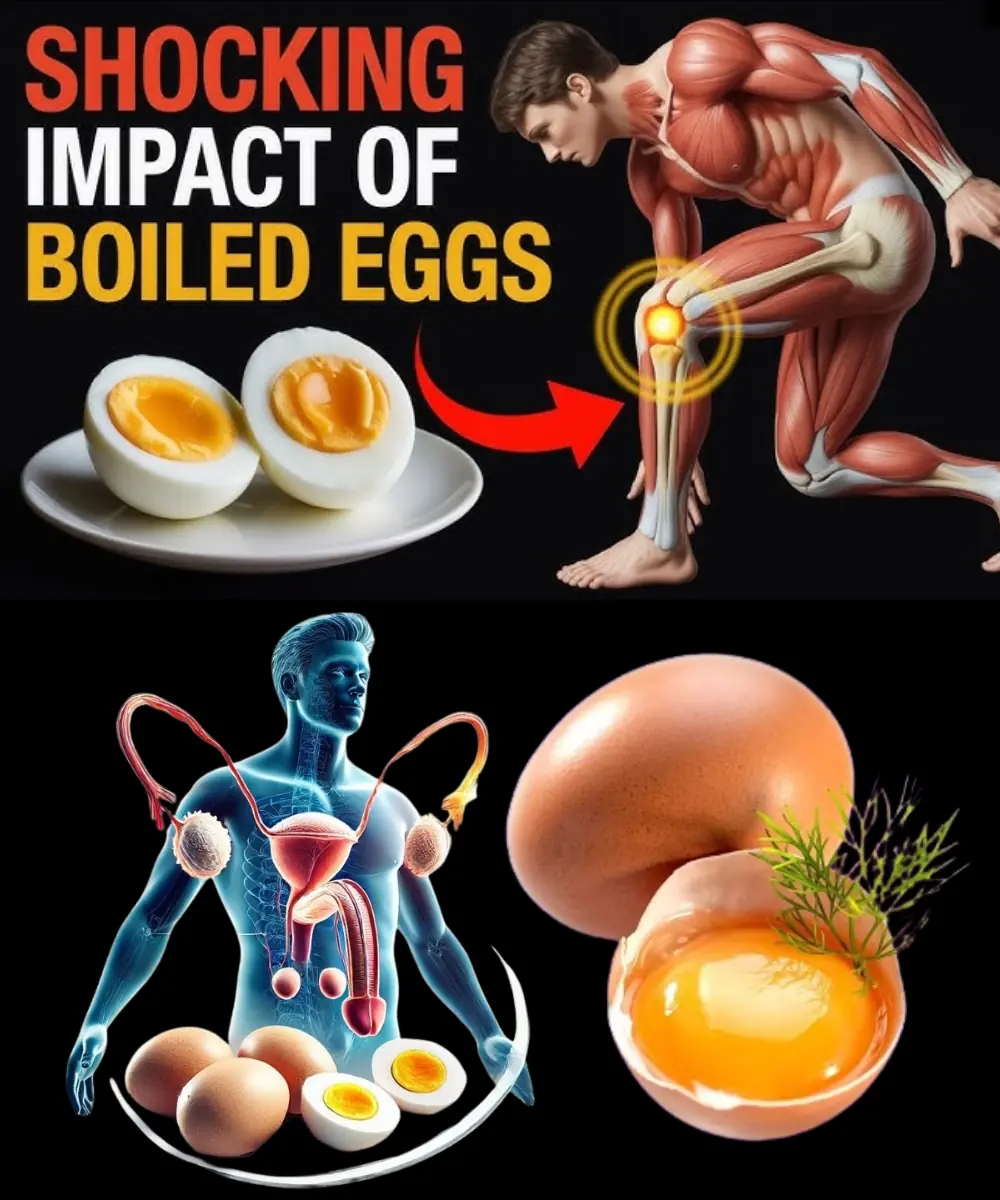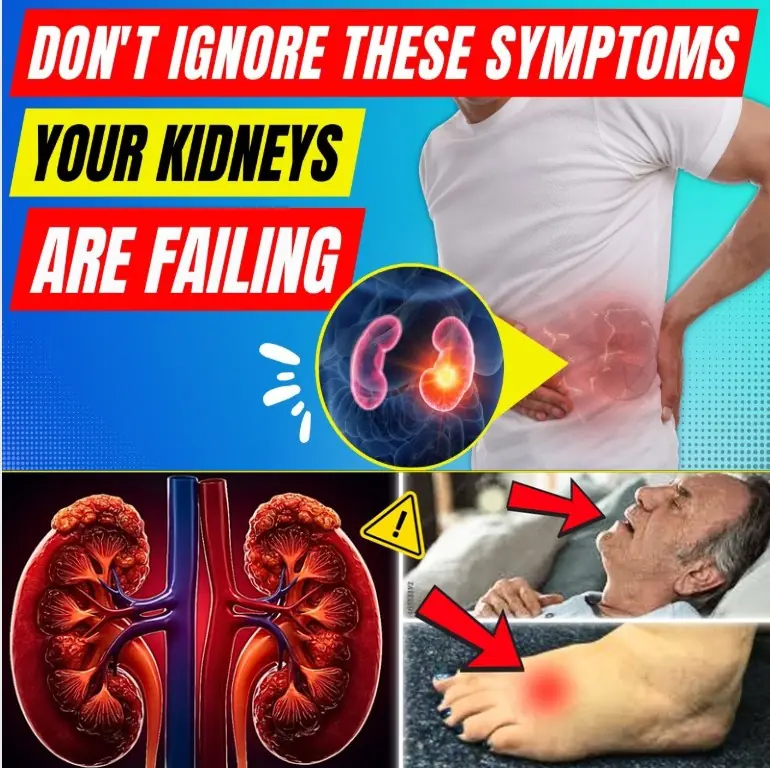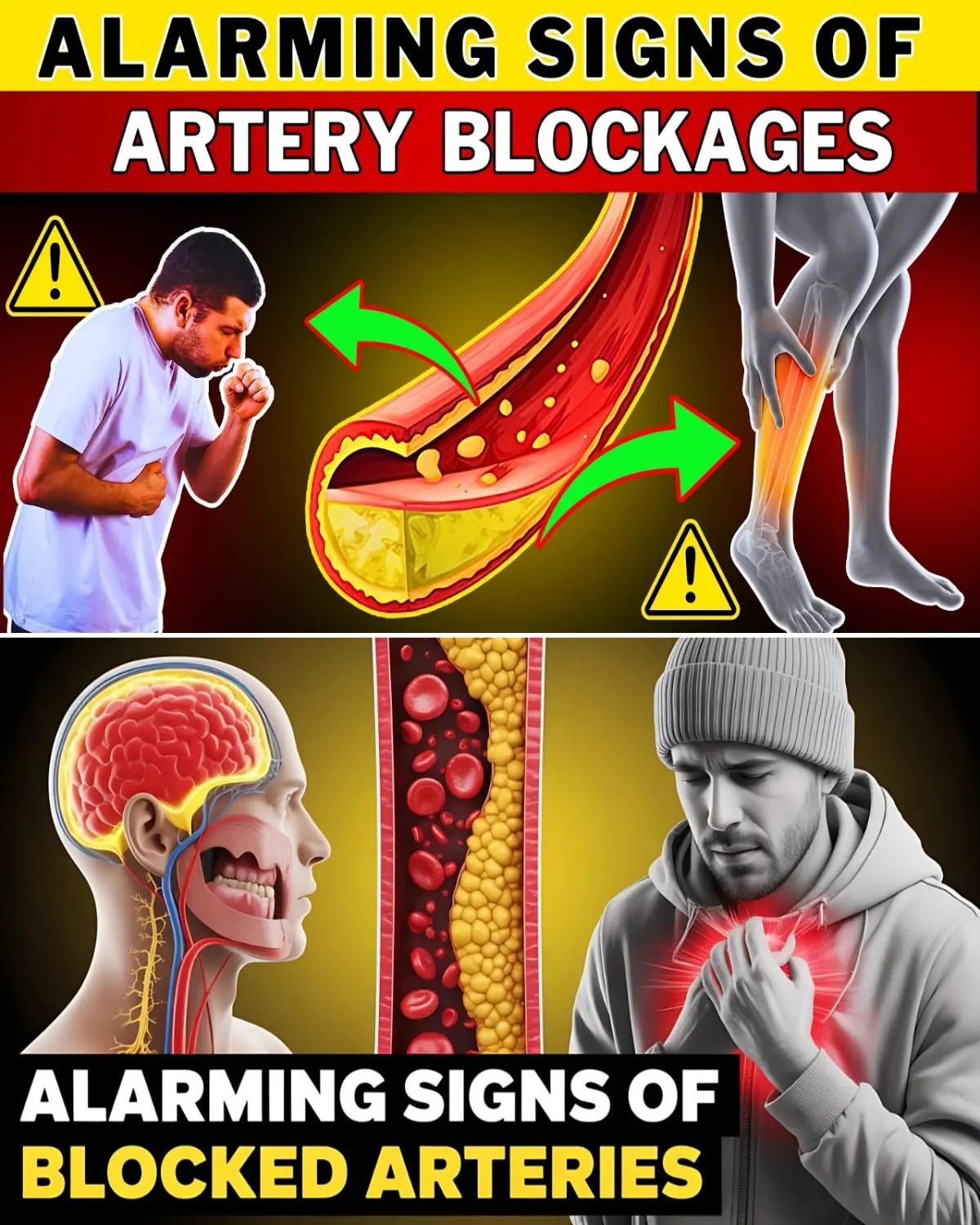
Unexpected Causes of Cancer: What Scientists Have Discovered

Scientists affirm that 65% of cancer cases are caused by random genetic mutations, which are beyond human control.
Many cancer cases arise due to pure bad luck, rather than an unhealthy lifestyle, diet, or even inherited genetic factors, according to American researchers.
For every three cancer patients, two develop the disease due to random genetic mutations, rather than lifestyle choices or hereditary factors.
Genetic Mutations: A Major Cause of Cancer
Previously, experts estimated that 30-40% of cancer cases could be prevented with a healthier lifestyle. However, a recent study by American researchers suggests that random errors, or mutations, occurring in DNA during cell division throughout a person's lifetime may significantly contribute to cancer development later in life.
Professor Bert Vogelstein from Johns Hopkins University School of Medicine (USA) stated:
"Cancer does not discriminate by age among those exposed to carcinogens such as smoking. But the truth is, most cases are simply due to bad luck."
The Role of Random Mutations in Cancer Development
While researchers acknowledge that "bad luck" contributes to certain types of cancer, they emphasize the importance of early detection, which can greatly improve treatment outcomes.
Scientists have developed a statistical model to measure stem cell self-renewal rates over a given period across 31 different tissues. These findings were compared with the lifetime cancer risk associated with the same tissues.
🔬 Key Findings:
✔ There is a strong correlation between the rate of stem cell division and the likelihood of developing cancer in a specific tissue.
✔ Random mutations during stem cell division may account for 65% of all cancer cases.
The Three Key Factors Behind Cancer
Professor Vogelstein explained:
"All cancers result from a combination of bad luck, environmental exposure, and genetics. We developed a model to assess the impact of these three factors. This study suggests that while smoking or other unhealthy habits contribute to cancer risk, many cancers are primarily driven by genetic mutations, unrelated to lifestyle or inherited genes."
Thus, the best way to combat these cancers is through early detection, allowing them to be treated while still curable via surgery.
A New Perspective on Cancer Prevention
Published in the journal Science, the study suggests that the number of times stem cells divide and replicate their DNA plays a crucial role in cancer development.
📌 Key Insights:
✔ Cancers linked to stem cell division include:
- Lung cancer (linked to smoking)
- Skin cancer (linked to UV exposure)
- Certain hereditary cancers
Dr. Cristian Tomasetti, a biochemist and co-author of the study from Johns Hopkins University, emphasized:
"If two-thirds of cancer cases in tissues are caused by random DNA mutations during stem cell division, then lifestyle changes can help prevent some cancers, but they may not be effective for many others. More resources should be allocated to early cancer detection, which makes treatment more successful."
Reducing Cancer Risk: What Can Be Done?
While some cancers are largely caused by random genetic errors, experts still advise:
✔ Avoid smoking 🚭
✔ Limit alcohol consumption 🍷
✔ Maintain a healthy weight ⚖️
✔ Protect skin from sunburn 🌞
✔ Stay physically active 🏃♂️
These steps can help lower the risk of certain cancers, even if random mutations remain an uncontrollable factor.
News in the same category


Don’t Drink Coconut Water Before You Know These 11 Secrets!

Pumpkin Seed Milk — The Natural Parasite Cleanser

Fast Rice Water Trick for a Brighter Smile

Morning Drink to Revive Your Kidneys Fast

The Onion Recipe That Could Transform Your Blood Sugar, Support Cleaner Arteries, and Protect Your Heart!

Top 4 Fruits That Help Your Kidneys Flush Out Toxins While You Sleep

Ginger, Clove, and Honey: The Natural Trio Your Body Will Thank You For

Heal 15 Years of Joint Pain Naturally with Turmeric and Honey Tea

This Juice Revived My Grandma’s Energy — Say Goodbye to Fatigue and Body Pain with This Natural Recipe

I’m 66 but Look 36 — My Secret? Aloe Vera & Ginger for Firm, Smooth Skin

How to Make Okra Water to Treat 17 Health Problems Naturally

Banana and Egg Mask to Look Younger Even in Your 80s

Scent Leaf Secrets Unveiled: 10 Surprising Health Benefits of This Miracle Herb

From White Hair to Black Hair Naturally in Just 5 Minutes — Fast Hair Growth Remedy

Boost Your Immune System Year-Round with Garlic, Onion, and Lemon

When You Start Eating 2 Eggs Every Day, Here’s What Happens to Your Body (Is It BAD??)

13 Warning Signs Your Kidneys Are Failing – Don’t Ignore These Symptoms

Save Your Heart: 8 Foods to Naturally Lower Cholesterol

Silent Signs of Artery Blockages Seniors Can’t Ignore
News Post

WHAT HAPPENS WHEN WE TONGUE KISS…See more

Nature’s Secret: 4 Healing Leaves That Support Metabolism, Immunity & Circulation Naturally

Don’t Drink Coconut Water Before You Know These 11 Secrets!

Pumpkin Seed Milk — The Natural Parasite Cleanser

Fast Rice Water Trick for a Brighter Smile

Morning Drink to Revive Your Kidneys Fast

The Onion Recipe That Could Transform Your Blood Sugar, Support Cleaner Arteries, and Protect Your Heart!

Top 4 Fruits That Help Your Kidneys Flush Out Toxins While You Sleep

Ginger, Clove, and Honey: The Natural Trio Your Body Will Thank You For

Heal 15 Years of Joint Pain Naturally with Turmeric and Honey Tea

This Juice Revived My Grandma’s Energy — Say Goodbye to Fatigue and Body Pain with This Natural Recipe

The Benefits of Eating 2 Boiled Eggs Every Morning: Transform Your Health!

If Your Kidneys Are in Danger, Your Body Will Send You These 8 Signals — Don’t Ignore Them

The Surprising Effects of Avocado on Your Heart and Brain

Ways to Get Over a Man Who Didn’t Value You

I’m 66 but Look 36 — My Secret? Aloe Vera & Ginger for Firm, Smooth Skin

How to Make Okra Water to Treat 17 Health Problems Naturally

Banana and Egg Mask to Look Younger Even in Your 80s

Scent Leaf Secrets Unveiled: 10 Surprising Health Benefits of This Miracle Herb
